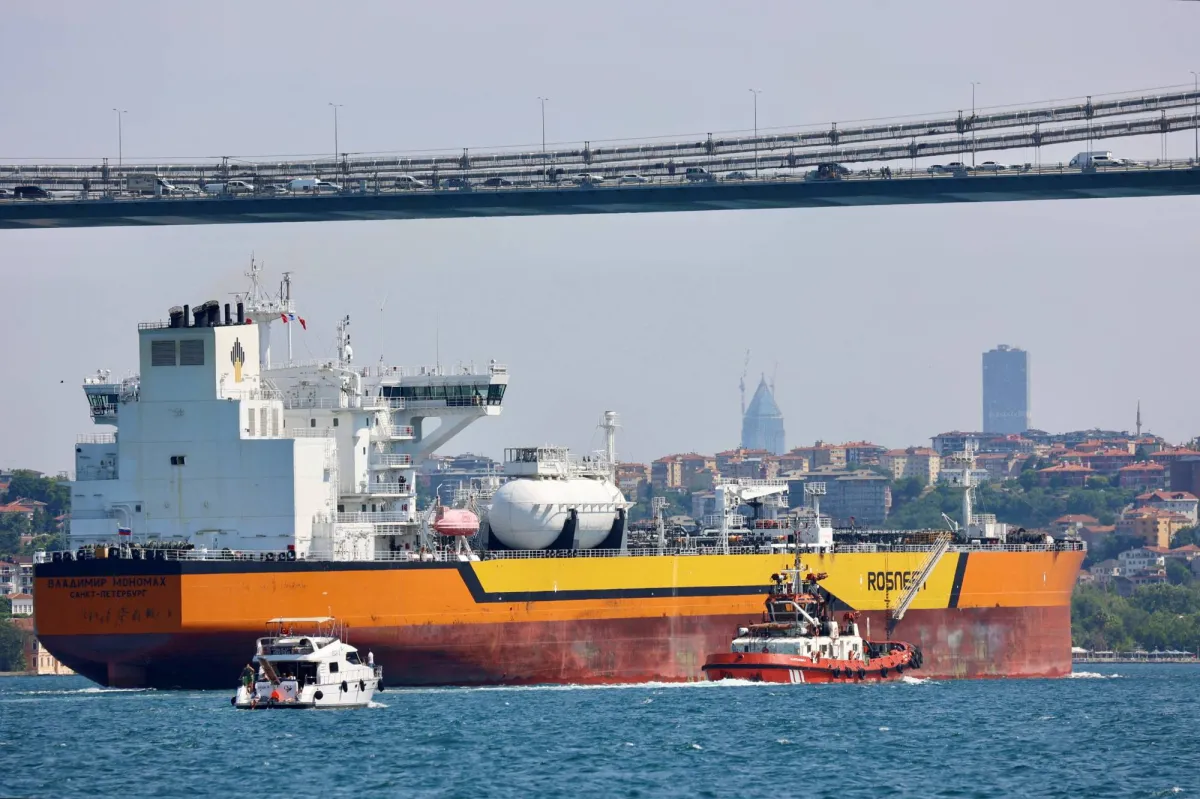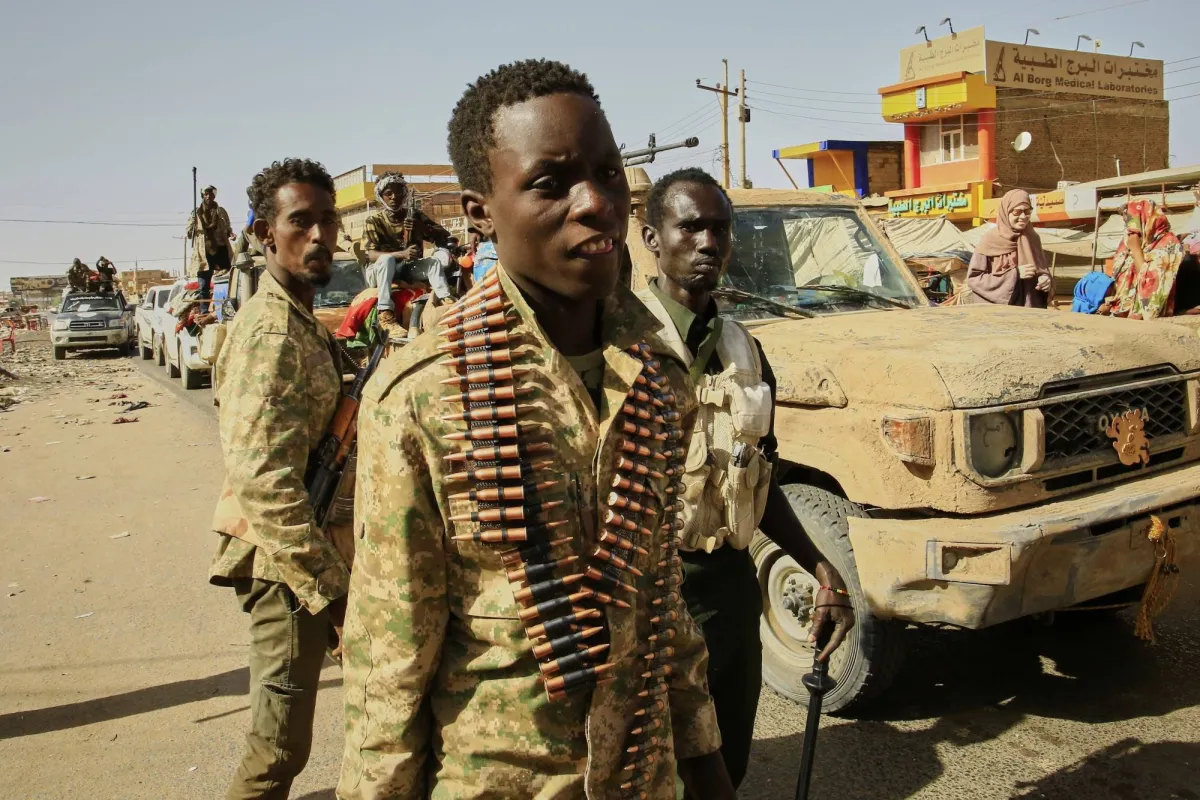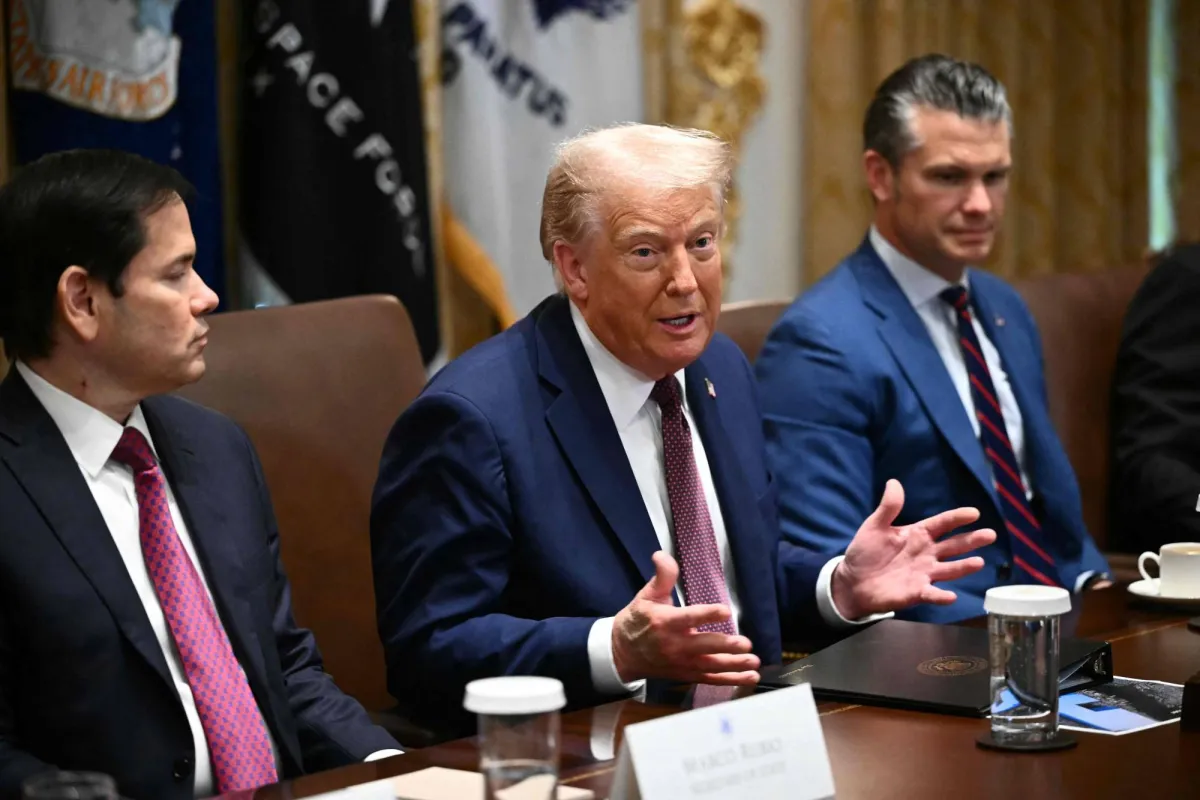The participating countries in the high international conference hosted by the United Nations agreed on the “peaceful settlement of the question of Palestine and the implementation of a two -state solution” on a “road map” aimed at increasing recognition of the Palestinian state, making more diplomatic efforts to stop the war and humanitarian catastrophe in Gaza, and end the Israeli occupation of the Palestinian territories in the West Bank.
The conference was held over a period of two days, under the auspices of the Kingdom of Saudi Arabia represented by Foreign Minister Prince Faisal bin Farhan, and with the participation of France represented by its Foreign Minister, Jean -Noel Baru.
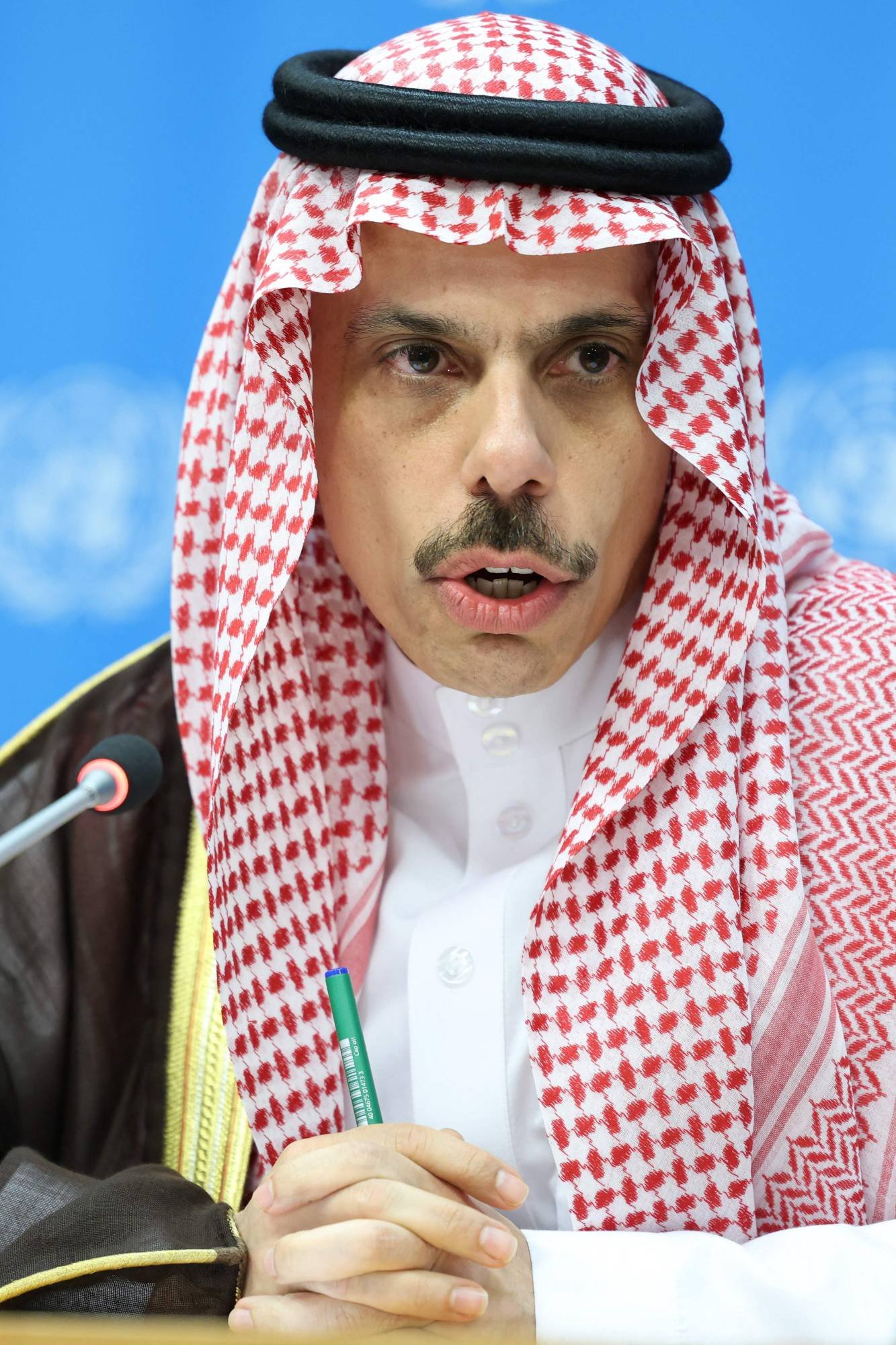
The closing document issued by the conference, on Tuesday, included a “road map” to work towards achieving “fair, permanent and comprehensive peace between the Palestinians and Israelis.”
The final document
The closing document stressed “the continuous responsibility of the United Nations regarding the Palestinian issue”, and the need to end Israel’s occupation of the lands it controlled in 1967, as it stressed “respect for international law, including humanitarian law and human rights,” and called for “measures to protect Palestinian civilians.”
The document also called for “the immediate endowment of settlement activities, the confiscation of lands, the destruction of homes, and all violence and provocation.” In addition to calls for Israel to withdraw from the occupied territories, it demanded that the Palestinians give their right to self -determination and in the establishment of their state, and called for a “just solution” to the refugee issue.
It also stipulated the need to take “irreversible” steps towards a two -state solution based on the limits of pre -1967, provided that East Jerusalem is a “common capital”. It also shed light on “supporting Palestinian governance reforms, disarmament, and democratic elections.”
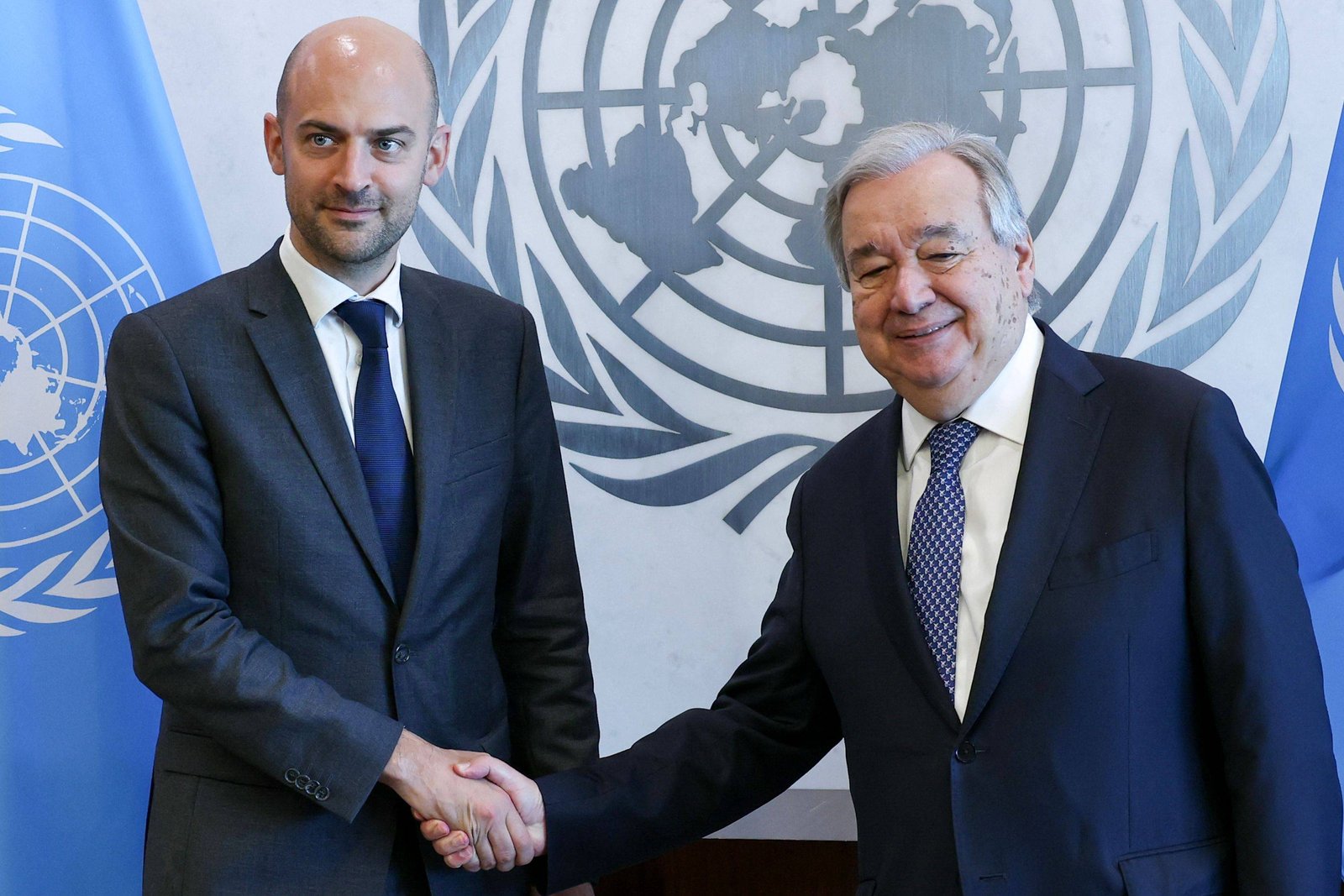
The document called for “coordinated humanitarian assistance and the reconstruction of Gaza”, with a reference to the “consultative opinion issued in July 2024, the International Court of Justice, which announced that the Israeli occupation is illegal.”
The document was formulated to include 4 main topics, namely recognition of Palestine, regional integration “in a way related to sincere progress in the process of establishing the state, reforms of Palestinian governance, and humanitarian response.”
An invitation to “achieve the gains of the conference”
In statements to Asharq Al -Awsat, a source close to the French Foreign Minister said that the conference was held “in critical moments in which the two states solution seemed more threatened than ever,” pointing to the war in Gaza and the continuous destruction and suffering it caused by civilians.
The source also pointed to the acceleration of the pace of settlement in the West Bank, the increasing violence of extremist settlers, as well as the increase in the number of those calling for not recognizing the two -state solution within the ruling coalition in Israel, and to include the West Bank in a move approved by the Israeli Knesset a few days ago.
He added, “What is required now goes beyond what was required in the past,” which prompted the Kingdom of Saudi Arabia to participate in France “to re -launch political and diplomatic dynamics about the two -state solution.”
He called for “strengthening this dynamism and helping to achieve the gains of the conference.”
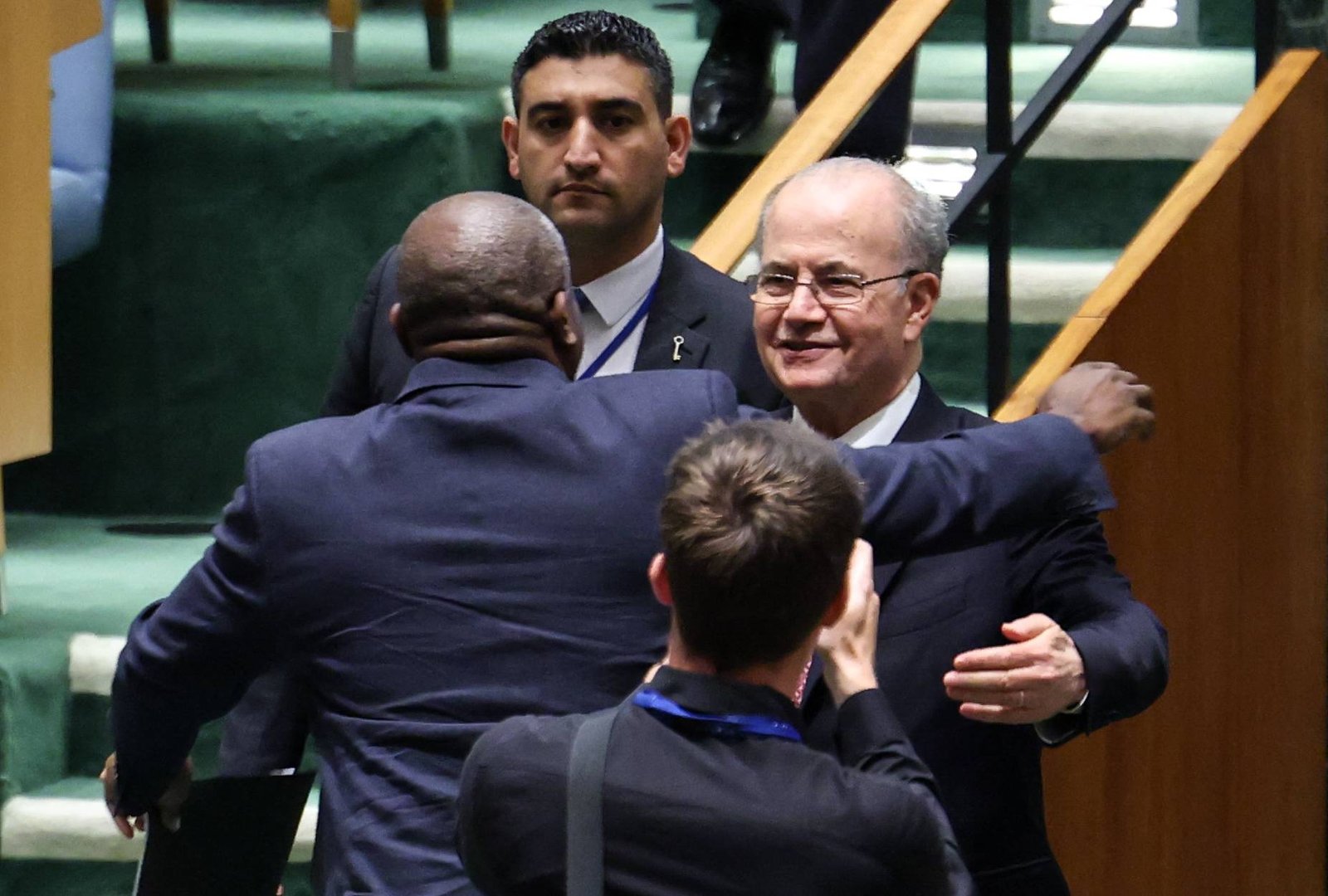
He continued his speech by saying: “We now have an accredited closing document not only from France and the Kingdom of Saudi Arabia, but also by the 27 participating presidents of the conference in the conference, and among them are some Western partners and the main Arabs.”
He added, “This document will be proposed to any member state of the United Nations General Assembly for approval.” He described the advertisement as “very important, and unprecedented.”
On Tuesday, the French Foreign Minister published a post on the X platform in which he said: “The United Kingdom today joined the dynamic initiative to explore the Palestinian state. Together, through this decisive decision and our accompanying efforts, we continue to work, during a continuous course of violence, and we deal with a new perspective of peace in the region.
